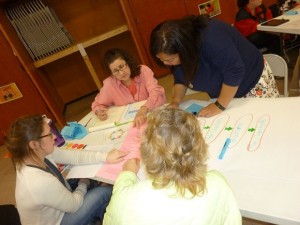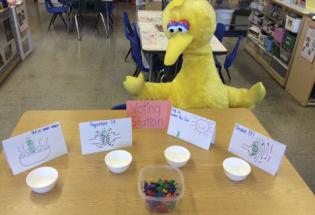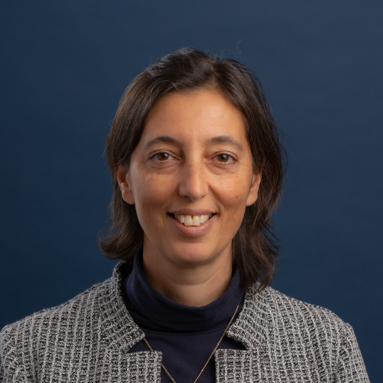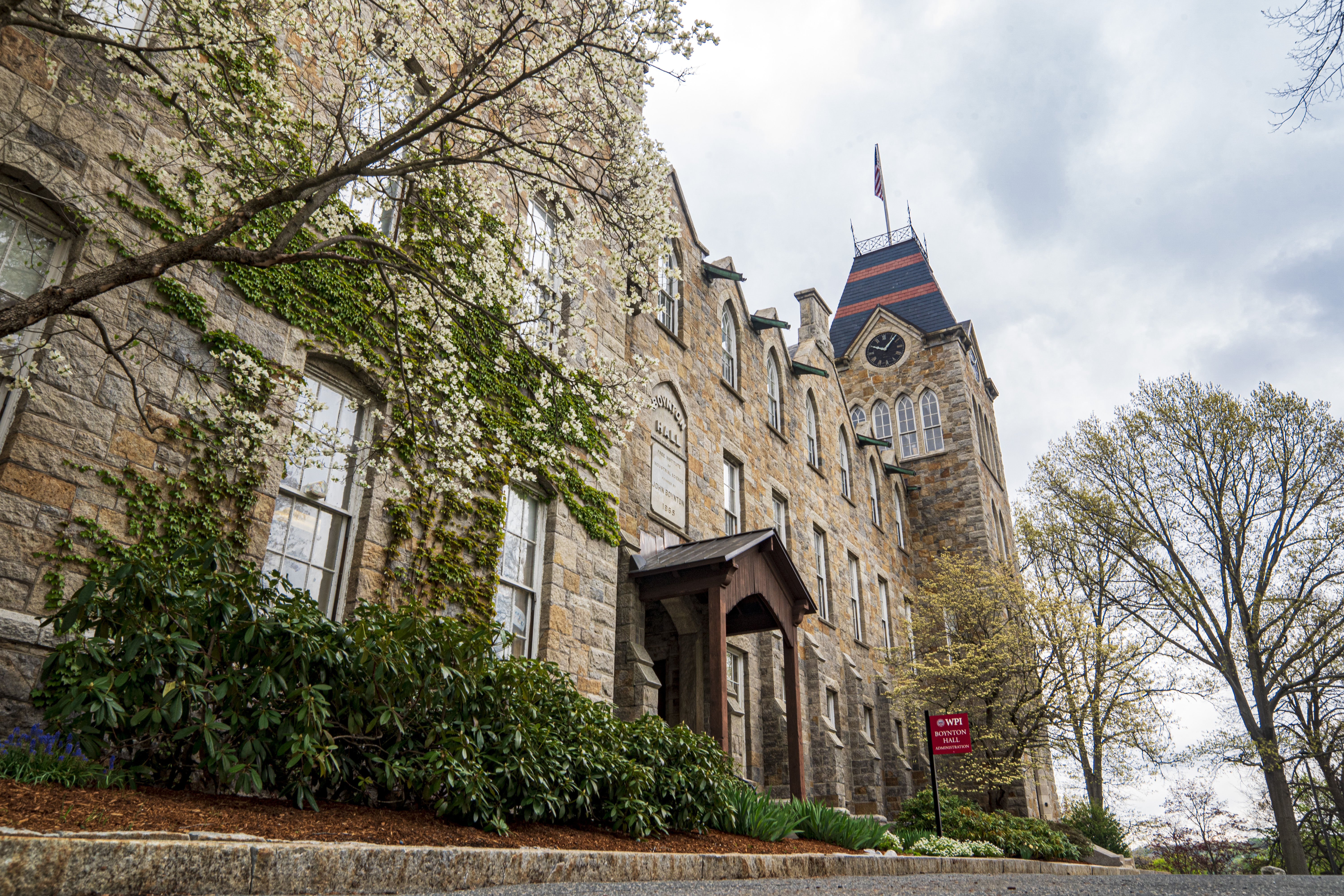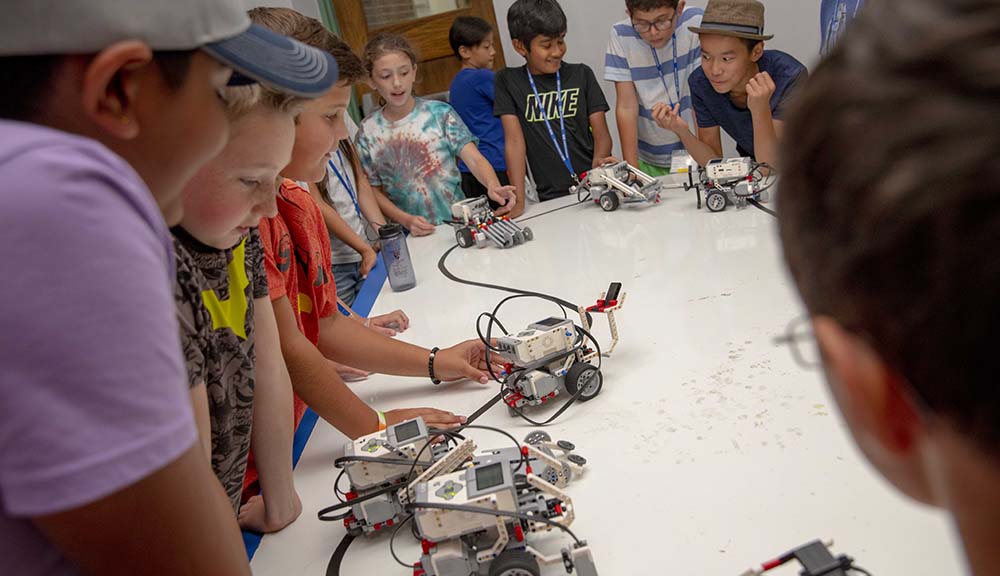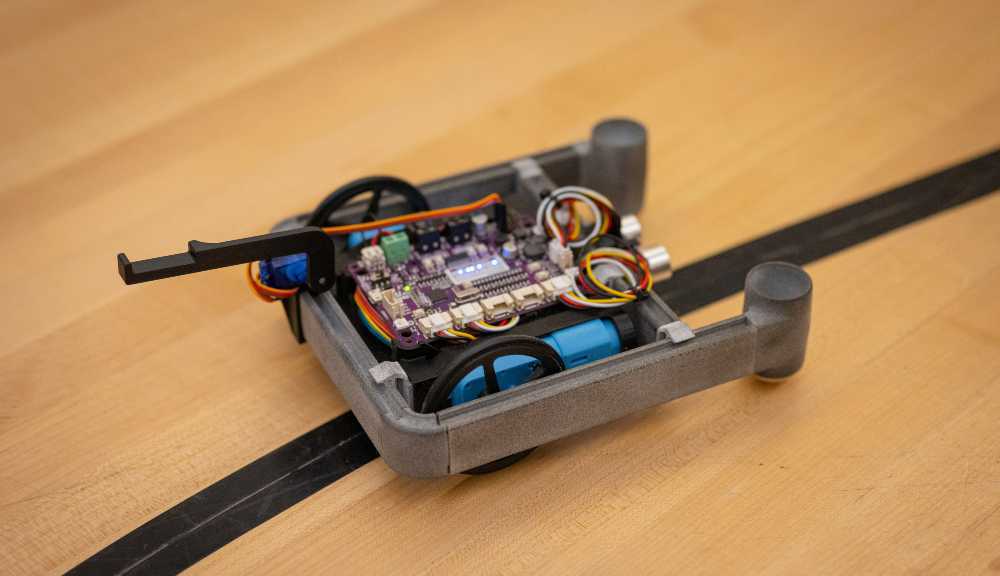Always keeping diversity in mind and employing available materials, teachers use books, puppets, and play items to help the students work through problems, like building a bed for Mr. Potato Head, for instance.
Thus far, two units have been drafted and tested in the classrooms, says Cyr, and the results have been positive. Kids brainstormed about problems and used the curriculum’s vocabulary. To retain flexibility, Cyr says teachers are given many literature options to choose from. “The development model is very collaborative,” she says. “We put in a draft with our ideas and then the teachers get together. We keep the content and the correct vocabulary and their part is to keep it engaging for the kids. It’s a true collaboration.”
And it’s also a big team effort. Many of Worcester’s Head Start’s 35 classes are involved, with six teachers participating on the development team to test units first. Once feedback is returned and changes are made, a second draft of the curriculum is sent to a new round of teachers to test it. Often these teachers, who weren’t involved in the original draft, bring a different perspective and a new set of suggestions, changes, criticisms, and compliments.
When that process is over, the team will have a final plan to send to classrooms not involved in the process in any way. By January 2017, Dubosarsky and Cyr hope to start the full eight units in sequence in Worcester classrooms. In September 2017, they plan to pilot the curriculum in 16 classrooms outside the city of Worcester.
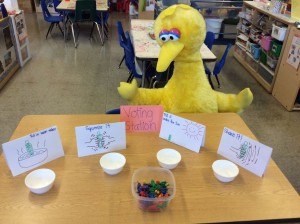
Keeping diversity in mind and employing available
materials, teachers use books, puppets, and play
items to help the students work through problems.
The teachers can find implementing STEM principles a challenge. “We have professional development for the teachers to help them understand STEM engagement,” says Cyr. “Some of them haven’t experienced it or know what it looks like in the classroom.”
Dubosarsky agrees. “Research shows that many early childhood teachers across the nation are not comfortable teaching engineering and STEM,” she says. “Despite the fact that they solve many problems during the day, many early childhood teachers consider engineering and problem solving to be too difficult for their children.”
The WPI team is working hard to show the teachers a way to teach STEM that is engaging, inviting, and easy to follow, even showing videos of other teachers teaching STEM in the classroom. Some teachers prefer a scripted unit and others want the flexibility to work within their own preferences and materials.
Co-principal investigator Florencia Anggoro, a specialist in developmental psychology from the College of the Holy Cross, as well as seven Head Start teachers, and early education and psychology specialists from Clark University and Quinsigamond Community College, are aiding in curriculum development and evaluation. The team is rounded out by undergraduates Leah Holt and Miranda Lawell, and PhD Students Susmitha Wunnava (Data Science) and Ugur Celik (Robotics Engineering).
While the end goal is broad implementation, Dubosarsky and Cyr say the kids are always the first priority.
“I want kids who go through this program to be successful in school and to be empowered,” says Dubosarsky. Noting how kids who arrive in preschool from low socioeconomic backgrounds face an uphill battle and an ever-widening achievement gap in school, she hopes the problem-solving skills they gain will develop into resiliency.
Kids who understand failure is expected in life learn to try something else until they find the thing that works, says Cyr; “they can use creativity to find multiple solutions.”
– BY JULIA QUINN-SZCESUIL
